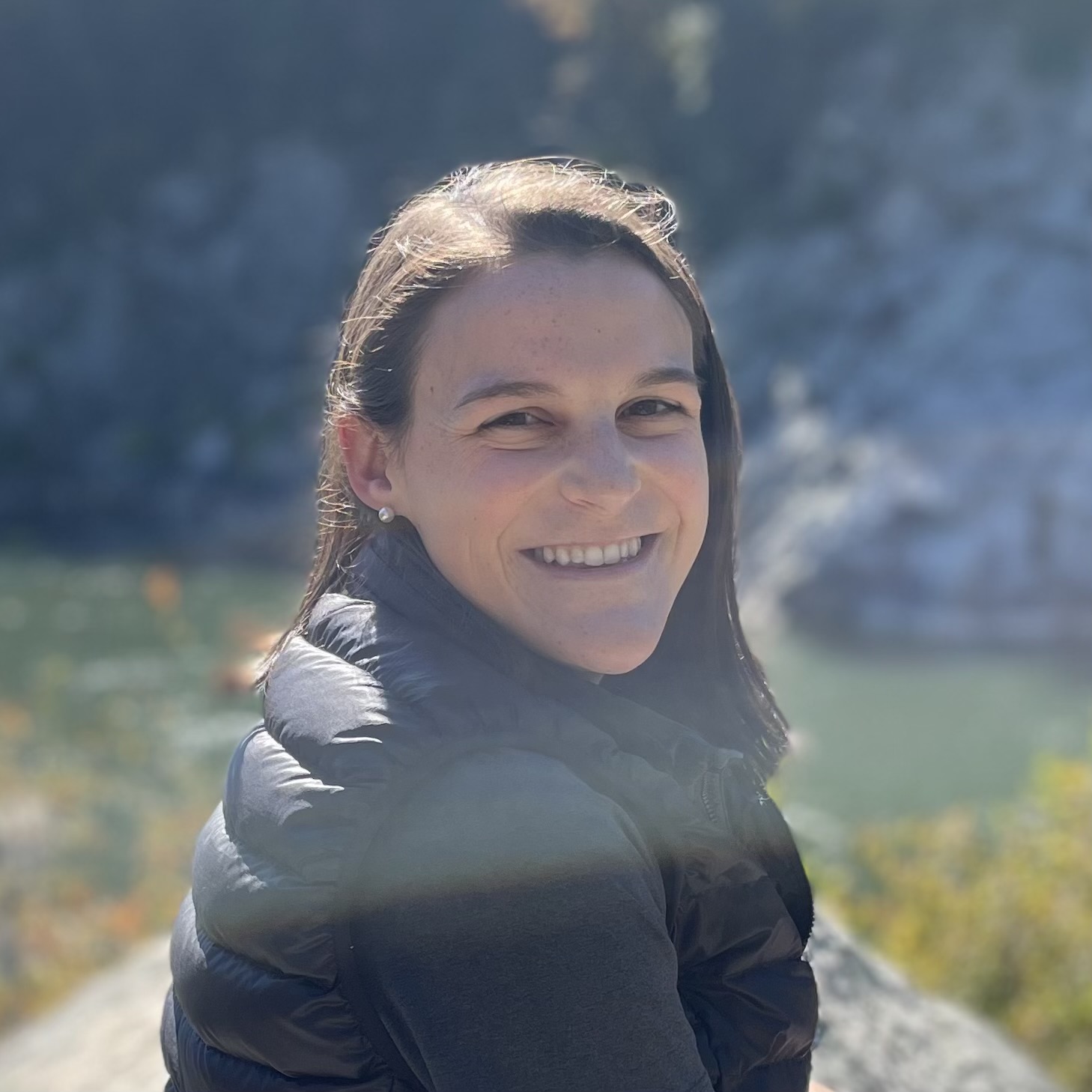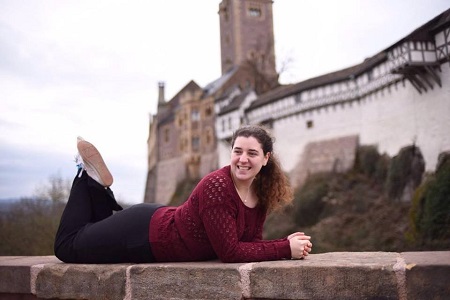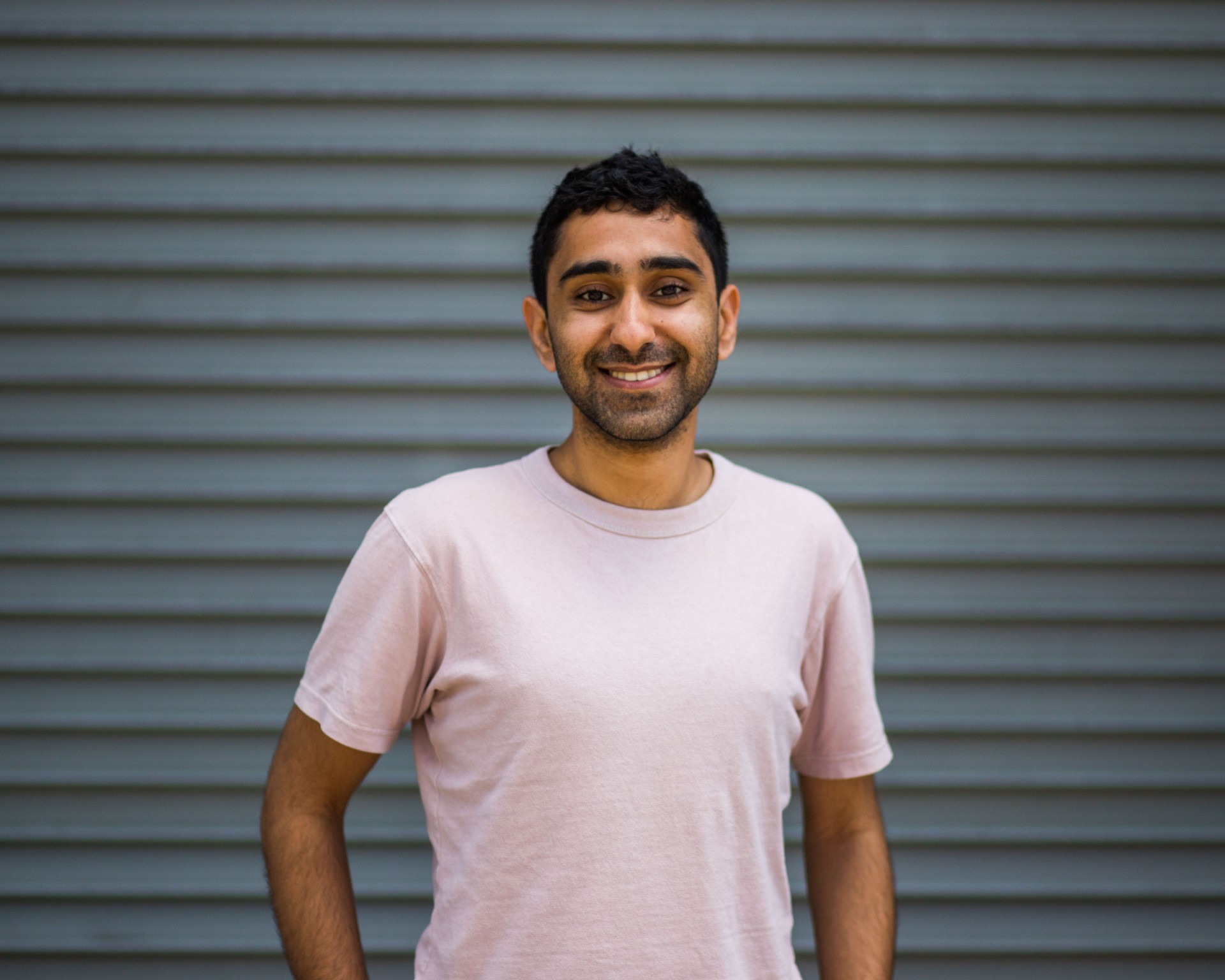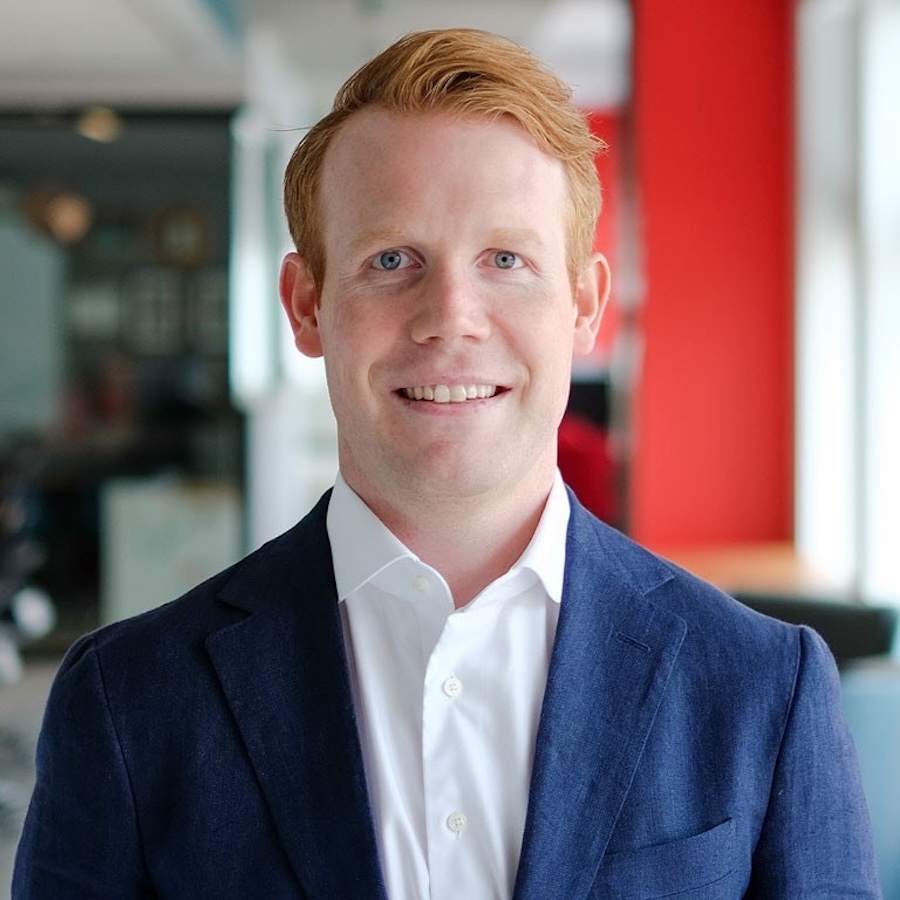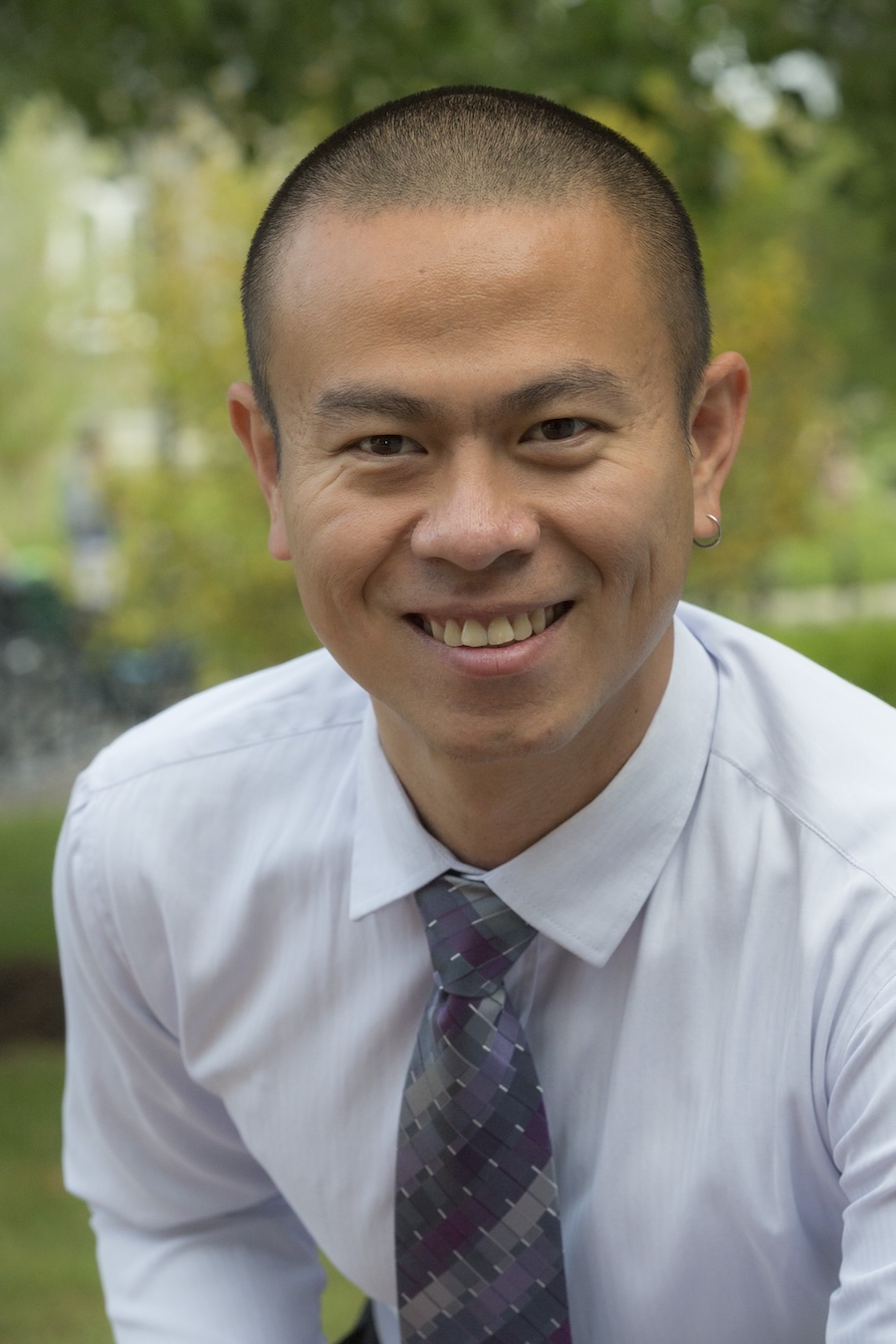What have you been up to since graduating from Bowdoin?
Right after graduation, I joined SOSV, a global venture capital firm specializing in deep tech, at IndieBio, one of their brands in San Francisco. SOSV invests in early-stage startups, often at company formation, and has an extensive infrastructure and partnership ecosystem to accelerate and fund startups pioneering deep tech for human health, sustainability, resilient infrastructure, defense, and the future of science. What I enjoy most about my job is the exposure and the ability to work with driven startup founders, thanks to our firm's portfolio approach, which matches a wide range of technologies—whether biomanufacturing, physics-informed AI, or automated process control—with different industrial problems and financing mechanisms.
I was the fifth employee at IndieBio, and it has been a privilege to grow with the firm over the past eight years, navigating multiple funds, new leadership, and major initiatives such as expanding the platform in New York City and handling partnerships with corporates and the manufacturing sector in India. Even though I have been at the same firm for almost a decade, its scope evolves dramatically every three years or so, driven by rapid changes in technology and innovation financing worldwide. My job keeps me busy and takes me all over the world, and I am grateful to have found a home base in the Bay Area, where I live with my partner, who is also a Polar Bear.
Why mathematics?
I grew up in India, where the schooling system prioritizes a strong arithmetic foundation for all things STEM, and students are exposed to the rigor of the system and pressure from math teachers to perform well in highly competitive exams. My dad is an engineer, and my mom is a retired chemistry professor, so doing well in math was non-negotiable. I was fortunate to enjoy the challenge that math presented, and I began to enjoy preparing for exams and competitions.
Everything changed when I attended high school at an international school under the IB curriculum. There, I met a very supportive math teacher, Dr. Parag Mehta, who introduced me to math as a way to think, problem-solve, and enjoy the process, rather than treating it purely as a competition or Olympiad. That experience kick-started my love for math as a discipline to interact with the world. Bowdoin's math department reinforced this love, and I didn’t have to think much before deciding to major in math. It felt like a natural progression because I genuinely enjoyed the coursework. Something special about the major is how collaborative it is: students are encouraged to work on the same problem in a group and expected to write up their solutions in their own words. That ability to ideate and deliver as part of a small team continues to help me tremendously in my work today.
Are there any classes, professors, or experiences that had a lasting impact on you?
My independent study with Professor Thomas Pietraho was one of the highlights of my math major. We delved into the mathematical fundamentals of neural networks, exploring concepts such as activation functions, convolutions, stochastic gradient descent, and back-propagation, and how they work together to perform classification tasks. Professor Pietraho designed and guided me through a hands-on exercise where we scraped thousands of book cover images from twenty-one different genres online and trained a neural network using Bowdoin’s high-performance computer services. We tested how well the network could classify the images into their respective genres, experimenting with accuracy as a function of network depth versus width.
This project was an excellent way to move back and forth between theory and deployment. It fueled my curiosity and inspired me to analyze how these concepts are applied in industry, giving me the confidence to approach practitioners and ask insightful questions. My interest in this field ultimately led me to explore how neural networks are used in drug discovery, material discovery, and medical imaging, which in turn led to my role at IndieBio, where startups were beginning to deploy these concepts in practice. With the benefit of hindsight and professional experience, I now realize how easy it is to rely on off-the-shelf tools. Truly understanding their inner workings and fundamentals, and knowing how to ask the right questions, is precisely the skill set that Bowdoin trains you to develop.
What advice would you give to current students or recent graduates interested in your field?
We live in interesting times. The promise of technology is often accompanied by disruption, and the complexities of geopolitics are creating unprecedented supply-chain challenges. Adapting and evolving with these changes requires both recent graduates and industry veterans to continually test and experiment with the latest technologies, stay informed, and remain curious. Sometimes, this means stepping beyond your math-major identity or liberal-arts identity and learning by doing.
At the same time, it’s essential to develop a set of core beliefs and opinions that remain steady day to day, providing a backbone for your career. These beliefs should be updated gradually over time, informed by evidence, trusted counsel, and experience. Without this foundation and genuine interest in your field, it’s easy to get distracted by the latest shiny trend, hype, or a job that may not offer long-term fulfillment.
